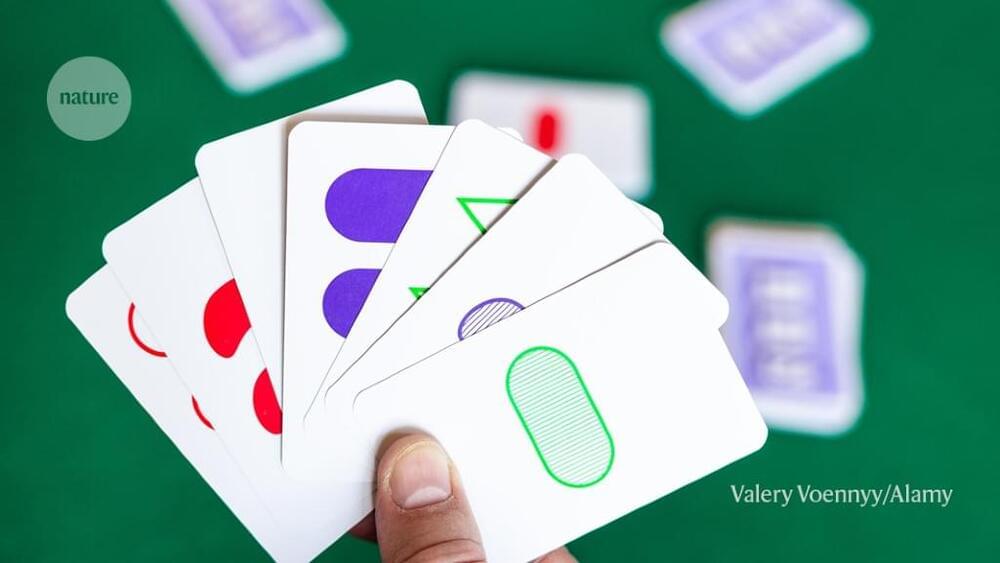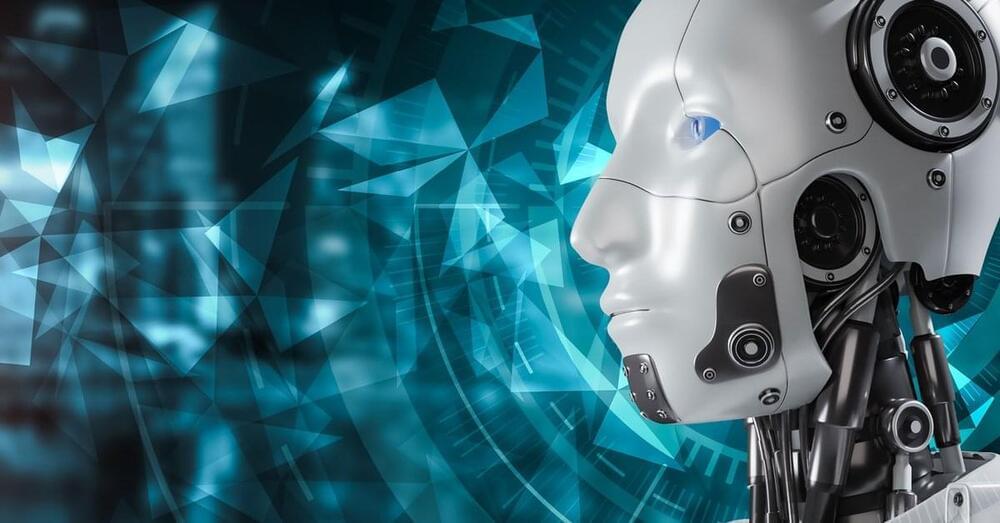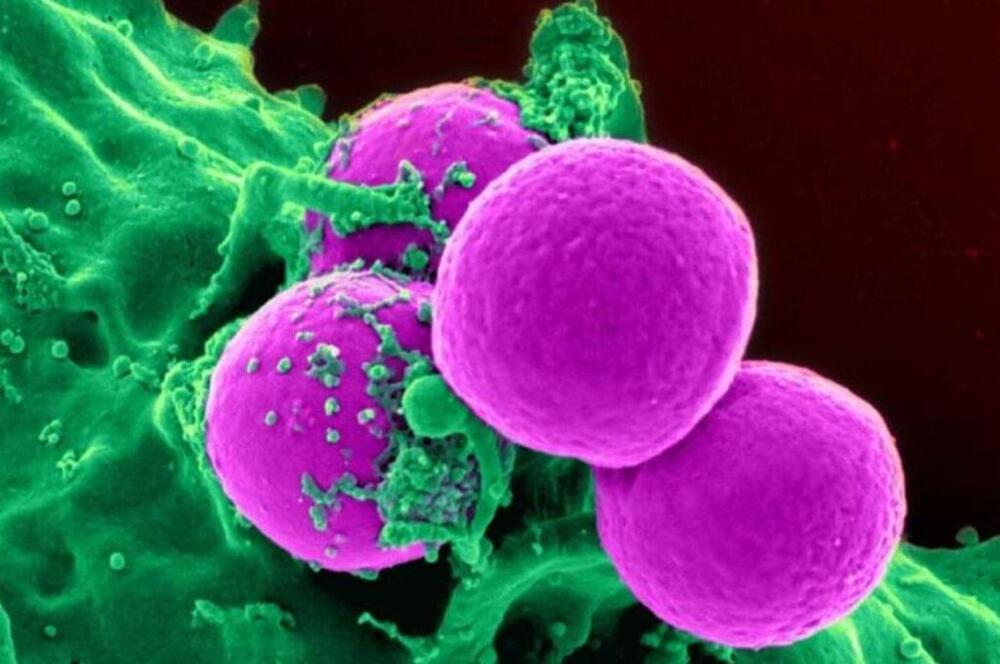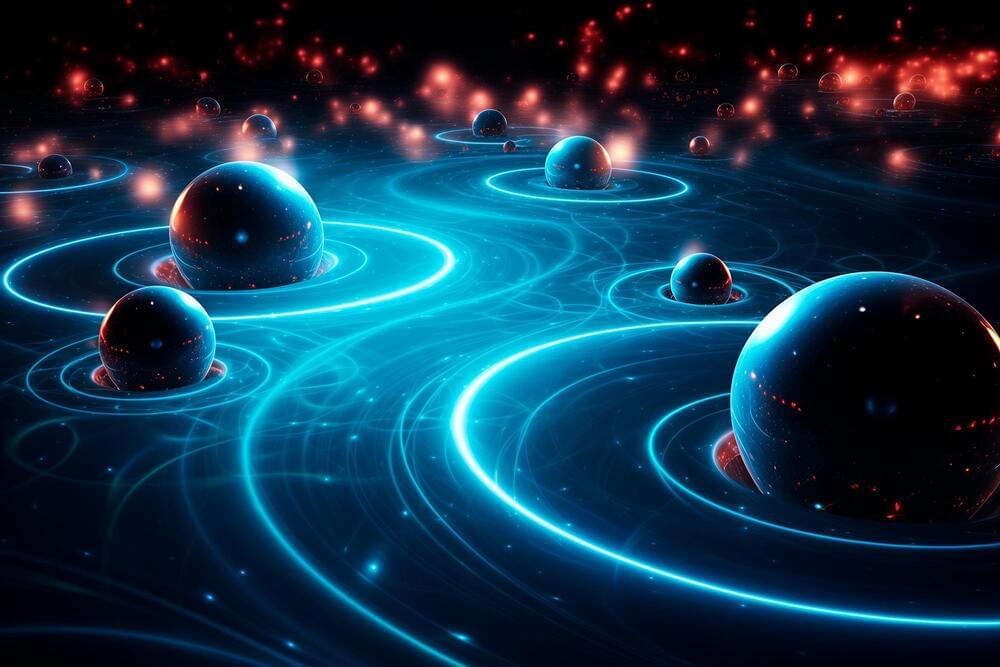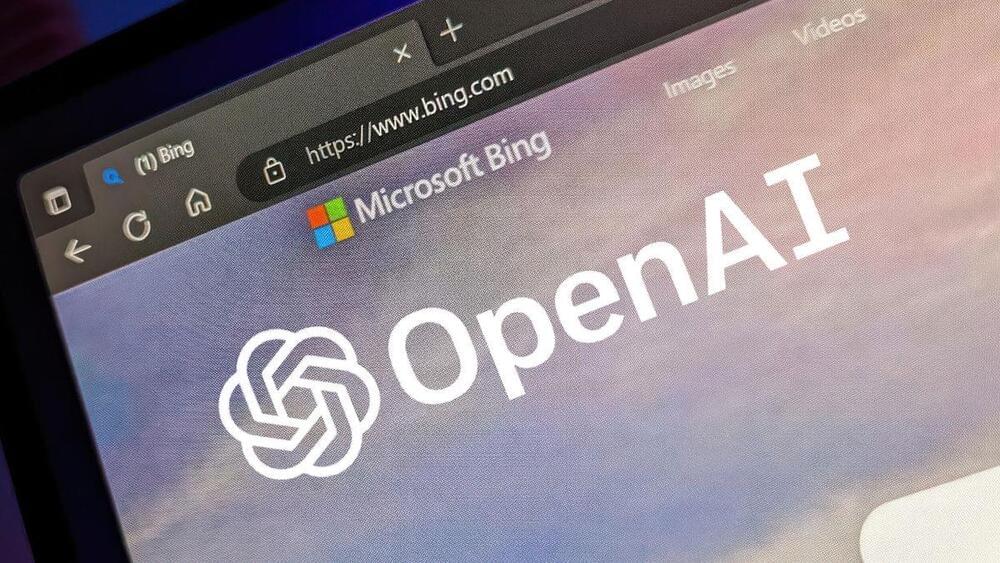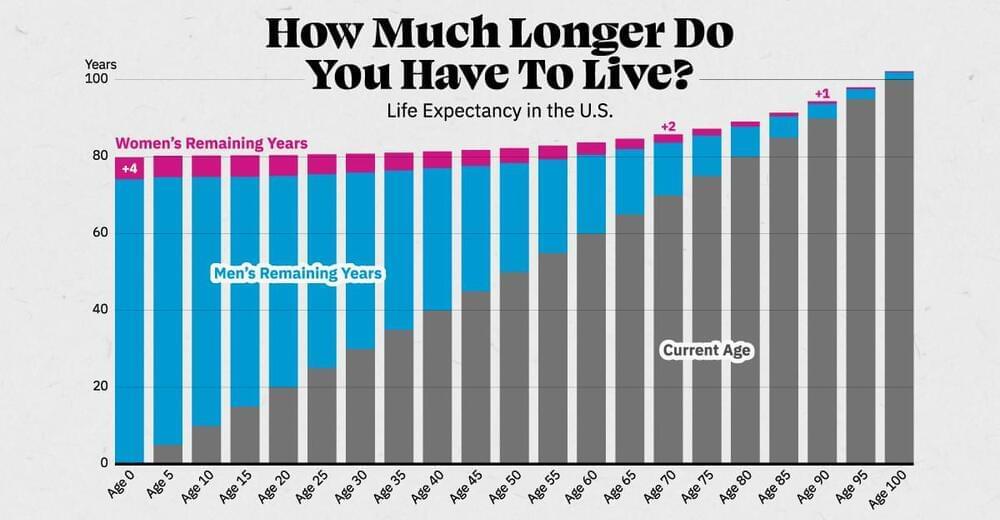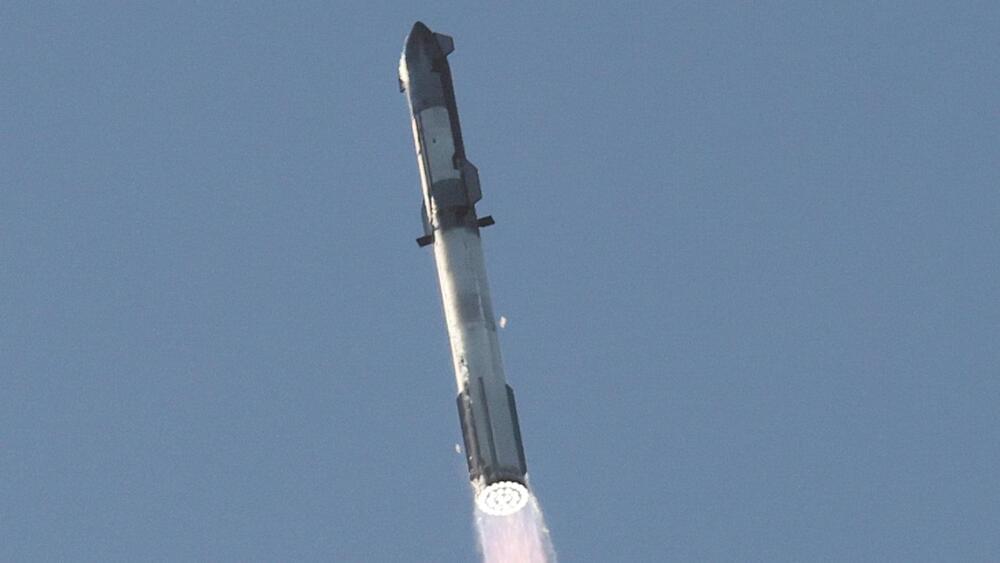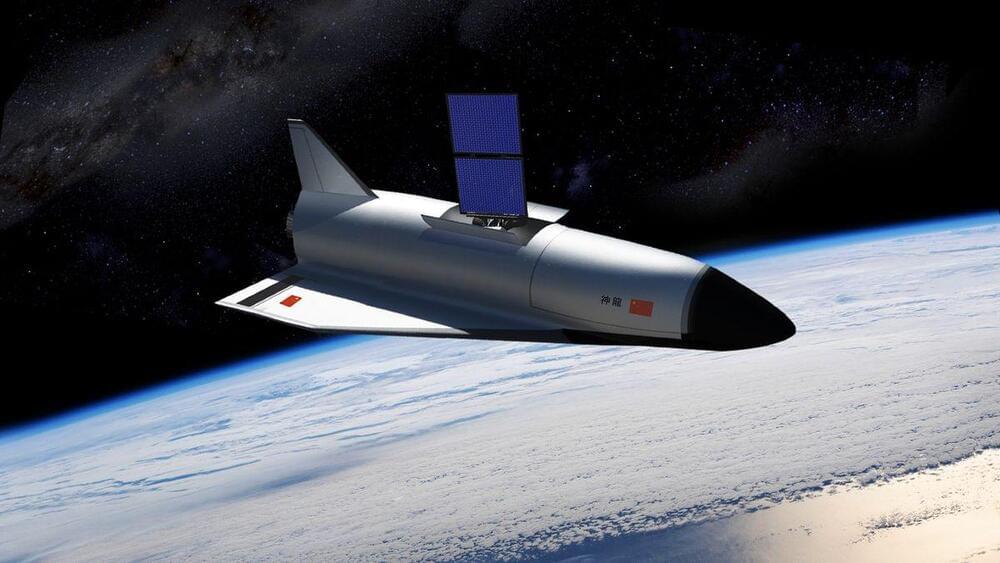For the first time ever, researchers show how a large language model can help discover novel solutions to long-standing problems in math and computer science.
The card game Set has long inspired mathematicians to create interesting problems.
Now, a technique based on large language models (LLMs) is showing that artificial intelligence (AI) can help mathematicians to generate new solutions.
The AI system, called FunSearch, made progress on Set-inspired problems in combinatorics, a field of mathematics that studies how to count the possible arrangements of sets containing finitely many objects. But its inventors say that the method, described in Nature on 14 December1, could be applied to a variety of questions in maths and computer science.
